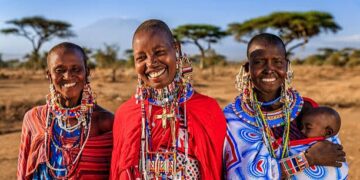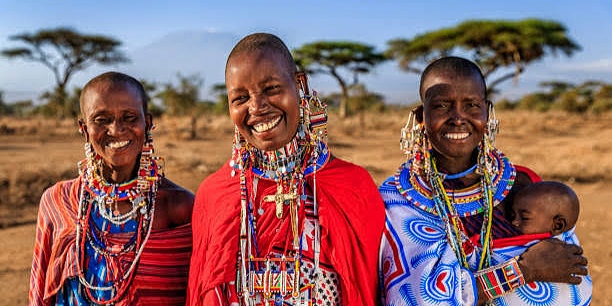By John Ikani
Life expectancy is rising in Africa – with people living nearly 10 years longer, from 46 years to 56 years, according to the World Health Organization (WHO).
Life expectancy is the number of years on average a person is expected to live – based on their age, gender and country.
The rise is because of better access to health services in the continent although the numbers are “still well below the global average of 64 years”, the health agency said as part of a continent-wide report into progress on healthcare access for all – a key SDG target.
WHO analysed life expectancy data from 47 African countries between 2000 and 2019.
It said the rise of life expectancy in Africa was greater than in any other region of the world, but warned the Covid pandemic could affect the gains.
What the global health body is saying
According to the UN agency’s report, Tracking Universal Health Coverage in the WHO African Region 2022, life-expectancy on the continent has increased to 56 years, compared with 46 at the turn of the century.
“While still well below the global average of 64, over the same period, global healthy life expectancy increased by only five years,” it explained.
The continent’s health ministries should be credited for their “drive” to improve health and wellbeing among populations, said Dr. Matshidiso Moeti, WHO Regional Director for Africa.
In particular, the continent has benefited from better access to essential health services – up from 24 percent in 2000 to 46 percent in 2019 – along with gains in reproductive, maternal, newborn and child health.
Considerable progress against infectious diseases has also contributed to longer life expectancy, WHO said, pointing to the rapid scale-up of HIV, tuberculosis, and malaria control measures from 2005.
Despite these welcome initiatives in preventing and treating infectious diseases, the UN agency cautioned that these gains had been offset by a “dramatic” rise in hypertension, diabetes and other noncommunicable diseases, in addition to the lack of health services targeting these diseases.
“People are living healthier, longer lives, with fewer threats of infectious diseases and with better access to care and disease prevention services,” said Dr. Moeti.
“But the progress must not stall. Unless countries enhance measures against the threat of cancer and other noncommunicable diseases, the health gains could be jeopardized.”


































